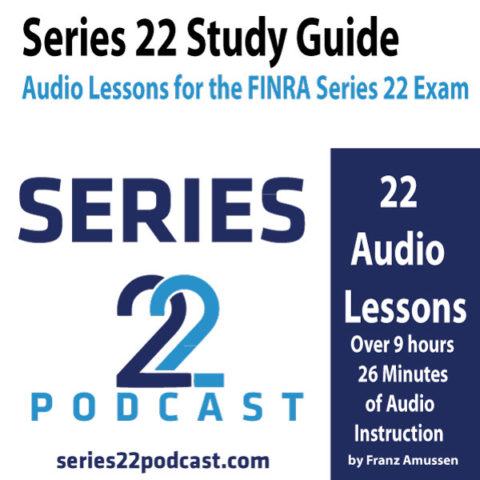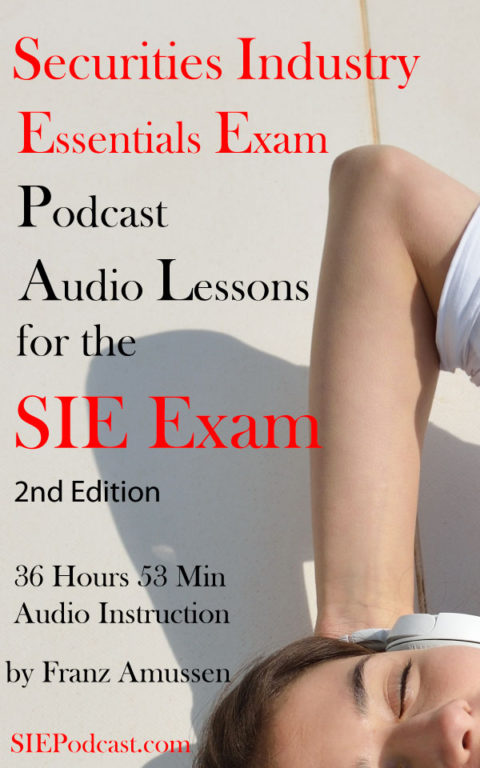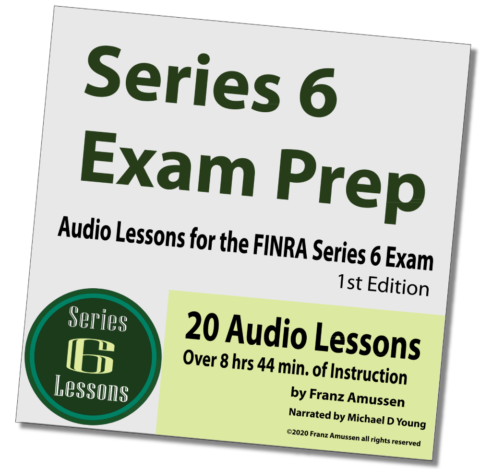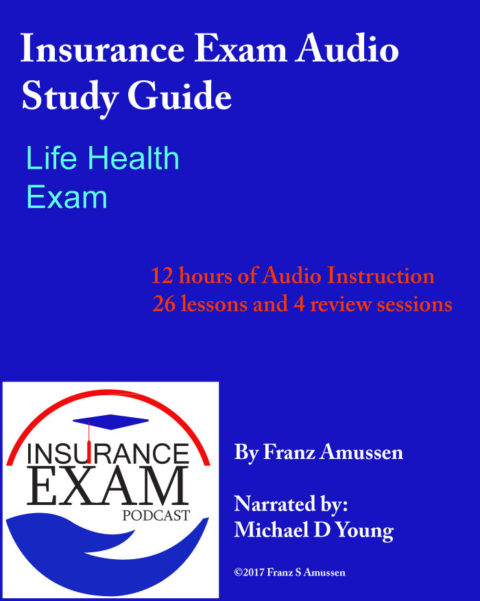Lesson 15 Disciplinary Actions:
Disciplinary Actions
Any action taken against a FINRA member by the SEC, an exchange, a state regulator, a clearing firm or other regulatory body must be reported to FINRA as soon as possible. Customer complaints of fraud or misrepresentation must also be taken seriously and reported immediately, which means within 10 days at most. These notices must include the name of the accuser, the name of the accused, and the allegations.
FINRA recored disciplinary actions on form U6, which is then put in the person’s file. FINRA keeps an electronic file that the public can see called BrokerCheck, where any disciplinary actions will show up. If a member feels that the information in BrokerCheck is inaccurate, they can submit a form to request an amendment.
If a member wishes to voluntarily end their employment at a member firm, they are required to fill out a form U-5 with FINRA within 30 days. Their registration is not transferable. If they wish to start employment at a new FINRA member firm, they have to fill out a new form U-4. If the member has been out of the industry for more than 24 months, they will have to requalify and take the exam again. Members who are called into active duty in the military can get an exception to this rule by being placed in special inactive status. After their active duty ends, they have 90 days to re-enter the industry or they will have to re-qualify.
In order to renew their license, a FINRA member will need to participate in different kinds of continuing education, including a firm element and a regulatory element.
The firm element is completed by each member firm to meet the training needs of its members. They have to develop a written training plan for their employees to follow. It should focus on expanding the knowledge about products offered by the firm. This plan does not usually have to be filed with FINRA, though they may be audited and will have to show documentation of their compliance or face disciplinary action.
The regulatory element entails a computer-based training at a registered facility by their secondary anniversary of the time when they were first registered. Then, they will have to complete this every three years after the initial time. FINRA will remind the member 30 days before their anniversary date and then they will have 120 days from that date to complete the training. If they do not, they are put in inactive status and may not engage in any business.
A member firm may terminate a registered representative for cause if they violate firm policy, the rules of any industry regulators (FINRA, SEC, etc), or have violated state or federal securities law. They cannot be terminated simply for being investigated. The firm has to wait until the investigation is over.
FINRA will look into any allegations and if they find that they are baseless, they will simply be dismissed. However, if they find there is evidence to support it, they can take punitive action of various types.
If there is a minor rule violation, this can be resolved through a minor rule violation procedure, which avoids having to hold a costly hearing. Under this kind of procedure, the maximum penalty is a $2,500 fine and a censure. If this is offered, a member has 10 days to accept or reject it, and if they do accept, they cannot appeal it any further. If it is not accepted, then a hearing has to occur.
Penalties include censure, temporary suspension, expulsion for up to 10 years, disbarment for life, a fine of various amounts, and having to pay restitution to those who have been wronged. Any of these decisions can be appealed within 15 days to the National Adjudicatory Counsel (NAC), who has 45 days to act. The NAC’s decision can be appealed to the SEC, who has the final say.
Arbitration is another process that can be used to resolve disputes. A claimant makes a grievance known to FINRA and they file a formal statement and pay a fee to FINRA. The other party must respond to this claim within 45 days. Then the original party has 10 days after this response to offer another response. The decision of the arbitrator is final and the person made to pay has 30 days to do so. Decisions against a FINRA member will be disclosed in BrokerCheck.
Simplified arbitration is a process that can happen for disputes under $50,000. Both parties submit their case in writing. One arbitrator reviews the case and offers a binding decision. For amounts above this, a hearing has to be held, and will usually go up in front of a panel of up to three arbitrators. If there are more than one, there is usually a mix of those from within the financial industry (nonpublic) and those from outside the industry (public).
Mediation is a less formal process where parties sit down with a mediator to try to resolve the problem before it goes to arbitration. FINRA can suggest these mediators. This can sometimes also happen in conjunction with arbitration, though the person who was the mediator cannot also be the arbitrator.
Representatives who have retired can still receive commissions from the business they did prior to their retirement as long as the contract is in place before they actually retire. They cannot get any commissions or finder’s fees on any new business, but can receive these from old business. These can also be passed on to a person’s estate.
Some kinds of employees do not have to be registered, including clerical employees, non-supervising officers/managers who do not work with customers, non-US citizens working in another country, and floor personnel.
If you are ready to get serious and want the full series of Series 22 Audio Lessons…
In order to take the Series 22 Exam you must also Pass the SIE Exam
We also have audio lessons for the following exams:
Podcast: Play in new window | Download








